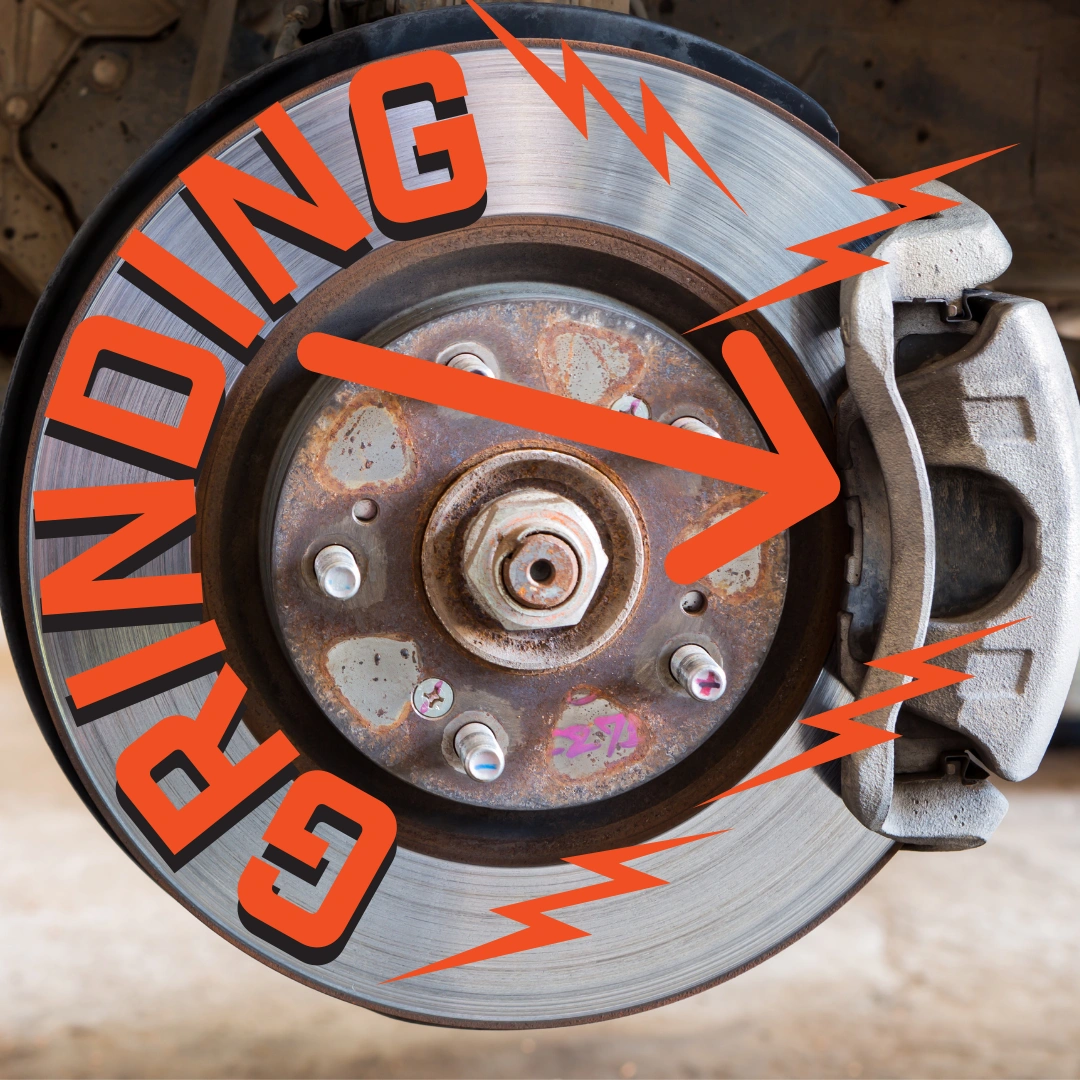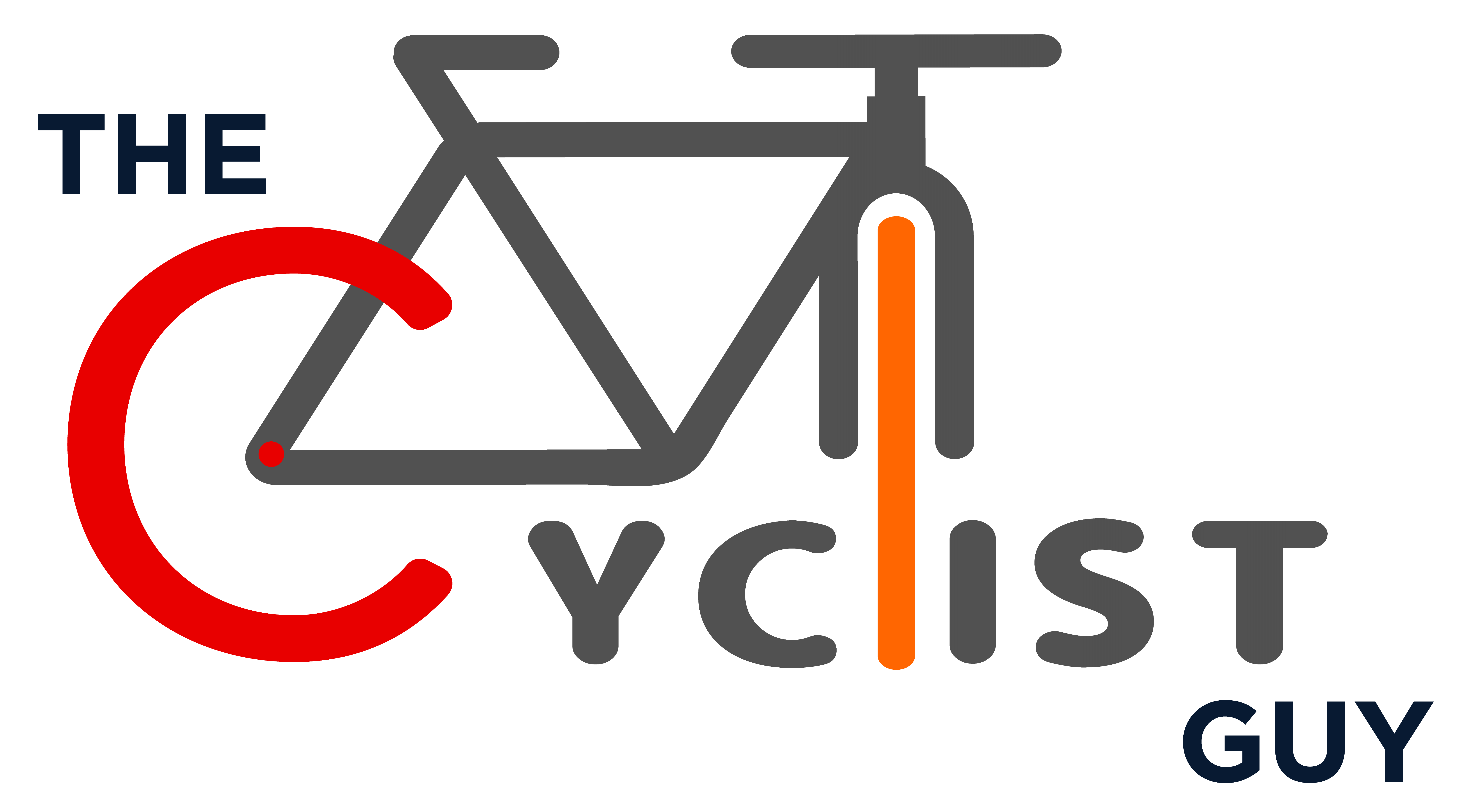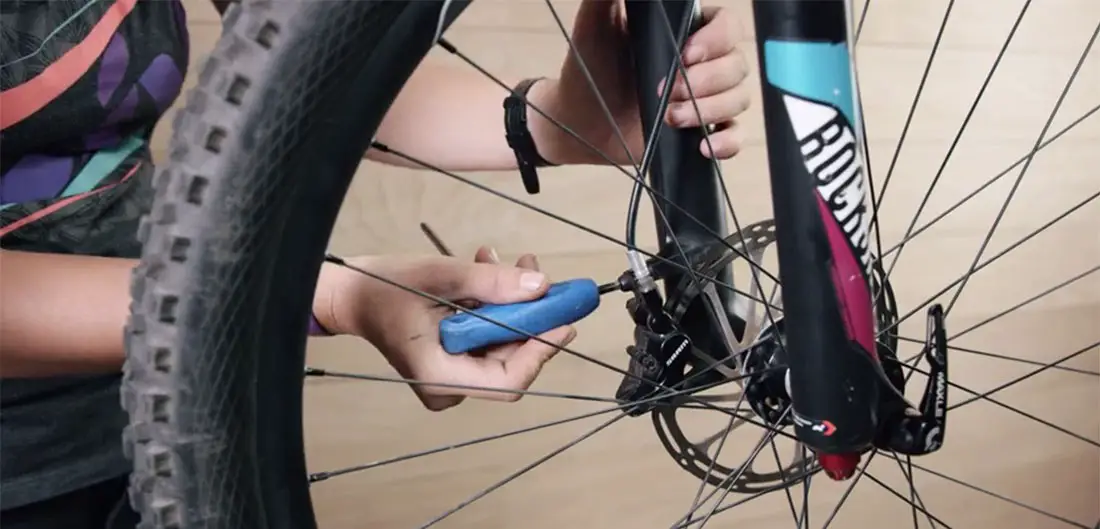Brakes might squeak after being replaced for a few days, typically up to two weeks. This squeaking is usually due to the new components bedding in.
Replacing your vehicle’s brakes is a crucial maintenance task that ensures your safety on the road. New brakes may emit a squeaking noise as they settle in, which can be a source of concern for many drivers. This short period of noise is perfectly normal as the new brake pads and rotors need to wear in together.
The duration can be influenced by the type of brake pads used, the vehicle make and model, and driving habits. Understanding the process will reassure you that, as long as the installation was done correctly, a bit of noise is just part of the break-in period.
Trust that with regular use, the squeaking should subside as the components adjust to one another.
When To Expect Brake Squeaks Post-replacement
Replacing your vehicle’s brakes is a crucial step in maintenance. But sometimes, even new brakes can be noisy. Understanding when to expect brake squeaks and the reasons behind them can save you from worry. Let’s dive into the typical break-in period for new brakes and how different types of brakes might affect the sounds they make.
Normal Break-in Period
After getting new brakes, a short period of squeaking is normal. This is often due to the break-in process, where new pads and rotors are getting used to each other. Here are some points to remember:
- Duration: Squeaking typically lasts for about 100 miles of driving.
- The noise should decrease as you drive more.
- Consistent stops from higher speeds help the pads and rotors to mate properly.
- Contact your mechanic if squeaking persists beyond the break-in period.
Types Of Brakes And Squeaking Tendencies
Not all brake types have the same tendency to squeak after installation. Below, we look at the different types:
| Brake Type | Squeaking Tendency |
|---|---|
| Ceramic Pads | Lowest chance of squeak, quiet operation. |
| Semi-Metallic Pads | May squeak more due to metal content. |
| Organic Pads | Least durable, might squeak early on. |
Proper fitting and the use of high-quality parts can reduce the likelihood of noise. Always choose the right type of brake for your vehicle and driving habits to minimize squeaking post-replacement.

Credit: m.youtube.com
Causes Of Squeaking In New Brakes
New brakes should make your ride safer and quieter. Yet, sometimes they squeak. Understanding the causes helps fix the issue. Let’s explore them.
High Metal Content In Pads
Some brake pads have more metal in them. This can cause noises when they grip the rotors. Different brands have varying metal contents. Pads with a high metal content could be noisier at first.
Vibrations Between Caliper And Pads
Vibrations can occur when calipers and pads don’t fit snugly. This can lead to a squeaking sound. Proper lubrication and fitting can reduce these noises.
Improper Installation
Brakes must be installed correctly to be quiet. If not installed right, parts might rub together wrongly. This can cause unwanted squeaking. A professional check can assure correct installation.
Rust On Rotors
Rust can form on rotors when a car sits for a while, especially in humid conditions. New pads scraping against rusty rotors can lead to a squeak. Driving regularly helps to keep rust at bay.
Assessing Brake Squeak: Temporary Or Troublesome?
Nothing raises safety concerns quite like the high-pitched chorus of squeaking brakes. It’s common for new brakes to announce themselves, but understanding the difference between break-in chirps and alerts of potential issues is key. Let’s pinpoint the sound of safety with a closer look at what your vehicle is trying to tell you.
Identifying Normal Brake Noises
Post-installation brake squeaks are not rare. Newly-minted pads and resurfaced rotors need to acquaint. This symphony of sounds is typically brief. Think of it as the bedding-in process, where components rub off factory coatings and mesh together. Give your brakes about 100 to 200 miles to settle down. If squeaks persist beyond this point, further investigation is warranted.
Signs Of Defective Brake Components
Consistent, loud squeals post-break-in period should raise red flags. These could indicate incorrect installation, subpar parts, or overlooked damage to other brake components. Watch out for these indicators:
- Vibrations through the brake pedal or steering wheel.
- Grinding noises, hinting at pad wear.
- Uneven rotor wear or scoring.
- Poor performance like reduced stopping power.
If any of these signs surface, a brake inspection is crucial for safety. Ignoring them could result in compromised braking ability and higher costs down the road.
Diy Quick Fixes For Squeaky Brakes
Brakes that squeak right after being replaced are annoying. Thankfully, some quick DIY fixes might silence them. Let’s dive into these solutions for peaceful driving.
Cleaning The Brake System
Dirt or debris on brake components can cause squeaking. Follow these steps:
- Jack up your car safely.
- Remove the wheel.
- Take off the brake caliper.
- Use a brake cleaner to spray the rotors and pads.
- Wipe down with a clean cloth.
- Reassemble your brake system.
Re-seating The Pads
Improperly seated pads can lead to noise. Here’s how to re-seat them:
- Remove the wheel and brake caliper.
- Take out the brake pads.
- Ensure the brake pad clips are fitted right.
- Reinstall the pads firmly.
- Put everything back together.
Applying Anti-squeal Products
Anti-squeal products can dampen the noise. Use them like this:
- Get an anti-squeal adhesive.
- Disassemble your brake pads.
- Apply the product to the back of the pads.
- Wait for it to dry.
- Reassemble the brakes.
When Professional Help Is Needed
After getting new brakes, a little noise might be normal. But if the squeaking stays or gets worse, it’s time for expert help. Professionals can find out why and fix it for safety. Let’s dive into when you should ask a mechanic to take a look at noisy brakes.
Diagnosing Persistent Brake Noise
Brakes should not squeak a lot after replacement. If they do, it could mean trouble. Here’s what pros do to figure it out:
- Check for proper installation: Sometimes, parts are not put in right. A mechanic can fix this.
- Inspect the brake pads: High-quality pads are crucial. Pros will look for the right type for your car.
- Look at the rotors: Warped or damaged rotors lead to noise. Mechanics have tools to check this.
- Examine other brake parts: They’ll look at calipers and more to ensure everything works well together.
Safety Risks Of Ignoring Squeaks
Do not ignore brake squeaks. They can warn of bigger issues. Here’s why you should act fast:
- Squeaks can mean danger: They often signal that brakes are not working right.
- Waiting can lead to damage: The longer you wait, the worse things can get for your brakes and car.
- Fixing early saves money: Catching issues early can mean a cheaper fix and less time without your car.
In short, if brake noise persists, see a mechanic. It keeps you safe on the road and can save you money in the long run.
Preventive Measures For Brake Longevity
Are your brakes squeaking after a recent replacement? You might wonder how to extend their life and prevent future noise. Let’s explore some key strategies to make sure your brakes last longer and perform better. Good brakes mean safe driving, so follow these tips to avoid wear and tear.
Choosing Quality Brake Parts
Always opt for high-quality brake parts for your car. Better parts promise longevity and safer stops. They resist wear and tear, mean fewer squeaks, and keep you safe.
- Look for reputable brands: They use advanced materials that last.
- Check compatibility: Ensure parts fit your car’s make and model.
- Seek expert advice: Mechanics know which parts suit your driving needs.
Regular Maintenance Tips
Regular check-ups keep brakes in top condition. A professional can spot issues early on. Use a maintenance schedule to remember crucial service dates for your brakes. Here’s what you should do:
- Inspect brakes: Every six months or as advised by your mechanic.
- Clean regularly: Remove dirt and grime that can cause wear.
- Fluid check: Change brake fluid as recommended to avoid corrosion.
Driving Habits That Protect Brakes
How you drive affects brake lifespan. Gentle acceleration and deceleration increase brake durability. Avoid sudden stopping and starting. These tips will help:
| Do | Don’t |
|---|---|
| Coast to decelerate: Reduces brake pad stress. | Hard stops: Wears down brake pads quicker. |
| Keep distance: Gives more time to brake gently. | Ride the brakes: Creates constant friction and heat. |
Understanding Warranty On Brake Jobs
New brakes ensure a safe ride, yet they might squeak post-installation. This noise often fades as brakes bed in, but what if it doesn’t? The warranty offered on brake jobs becomes pivotal. Warranties outline service guarantees and part quality assurances post-installation. Let’s dive into what’s typically under guarantee when it comes to new brakes and how to handle any squeaky brake issues under warranty.
What’s Typically Covered
Standard brake warranties cover a range of issues but focus on materials and workmanship. Manufacturers assert their parts will be free from defects from the get-go. Most shops pledge their brake service job is reliable and error-free. Expect coverage to include:
- Brake pads and shoes
- Hydraulic components like calipers and wheel cylinders
- Labor to address defects or early wear
Every warranty has a timeframe or mileage limit, whichever comes first. Clients are urged to know their warranty specifics.
Navigating Claims For Squeaky Brakes
Unwanted brake noise post-installation may sometimes be covered under warranty. To file a warranty claim for squeaky brakes, adhere to the next steps:
- Review your warranty. Recognize coverage limits and conditions.
- Record the time and onset of the squeaking noise.
- Contact the provider immediately.
- Prepare for inspection. Be ready to provide your repair records.
- If the issue is covered, the provider must rectify the problem at no extra cost.
Warranty claims can seem daunting, but remember, the key lies in understanding your coverage and communicating effectively with your service provider.

Credit: www.youtube.com
Cost Versus Quality In Brake Repairs
Understanding the balance between cost and quality is crucial when it comes to brake repairs. When your brakes squeak after a replacement, it may be tempting to think that choosing cheaper parts was the issue. So, what’s truly important for your vehicle’s safety and your peace of mind?
Is Cheaper Better?
It’s a common myth that all brake components are created equal. Cheaper options might seem like a smart way to save money. But can they be trusted in the long run? Let’s break it down.
- Affordable parts may cost less up front.
- These parts often wear out faster, leading to more frequent replacements.
- They might fail to deliver the optimum performance your car deserves.
- Ultimately, they could cost more over time with additional repairs and maintenance.
Investing In High-quality Brakes
When you invest in high-quality brakes, you’re paying for more than just parts. You’re ensuring peace of mind on the road. Here’s why high-quality is the way to go.
| Feature | Benefit |
|---|---|
| Longer lifespan | Less frequent replacements. |
| Better materials | Greater durability and performance. |
| Advanced technology | Enhanced safety features. |
| Manufacturer warranty | Added security and value. |
Choosing high-quality brakes may mean a higher cost upfront. But it often leads to lower expenses in the long run. In addition, quality brakes tend to squeak less after replacement. They also provide a smoother and safer driving experience. So, the real question is: can you afford not to invest in the best?

Credit: nubrakes.com
Frequently Asked Questions For How Long Do Brakes Squeak After Being Replaced
How Long Until New Brakes Stop Squeaking?
New brakes typically stop squeaking after about 100 miles of use as they bed in and surfaces mate properly. If squeaking persists beyond this, a mechanic should inspect them.
Why Are My Brakes Squeaking If I Just Changed Them?
New brakes may squeak due to the protective film on pads, improper installation, or the pads bedding in. It often settles with use.
How Long Do New Brakes Take To Break In?
New brakes typically take about 30 to 50 miles to break in properly. This process ensures optimal performance and longevity of the brake components.
Conclusion
Brake squealing after a replacement can be a temporary nuisance. Most often, it eases off within a week. Regular use typically wears in new pads and stops the noise. Always consult a mechanic if squeaks persist, as this might signal other issues.
Safe driving should be your priority.

Steven is a professional cyclist and his passion is cycling. He has been cycling for the last 6 years and he loves using bikes while outing as well. Based on his experiences with the different types of bikes; he is sharing his opinions about various bikes so that a beginner can start right away. Find him on Twitter @thecyclistguy Happy Biking.


Leave a Reply